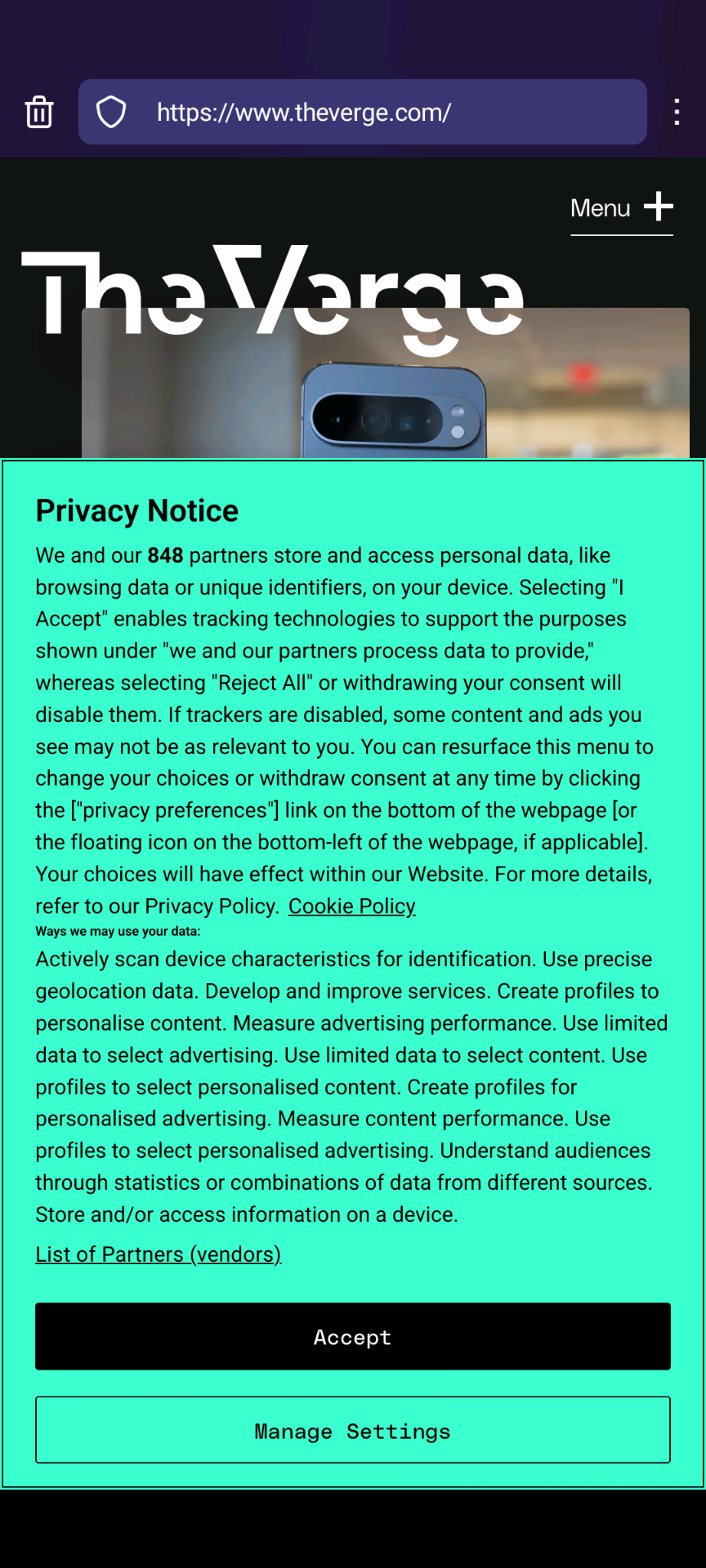The thing about free speech is that there's a whole lot of legislation surrounding it. At the moment, every single fediverse instance is run by( a small group of) people, many of them are run by individuals who are legally responsible for the content that's posted on their site.
In addition, the Digital Millennium Copyright Act, better known as the DMCA and the General Data Protection Regulation, the GDPR, have requirements for people who own and publish data, like the people who run instances, not to mention privacy acts and myriad other provisions and laws.
Non compliance is very easy and costly, so instances who are aware of this are cautious in what they allow on their instance.
Finally, many instances want to create a community with a social cohesion and associated standards that they, depending on the level, encourage or enforce.
Why any instance bans something at any one time can generally be traced back to these reasons.
Of course there are also instances where it's completely open season. Don't expect these to stick around once lawyers get involved.

I'm not eligible to vote in your country. In mine, voting is mandatory and there are no stickers, just democracy sausages to aid in the funding for local polling places like schools and community halls.
https://en.m.wikipedia.org/wiki/Democracy_sausage